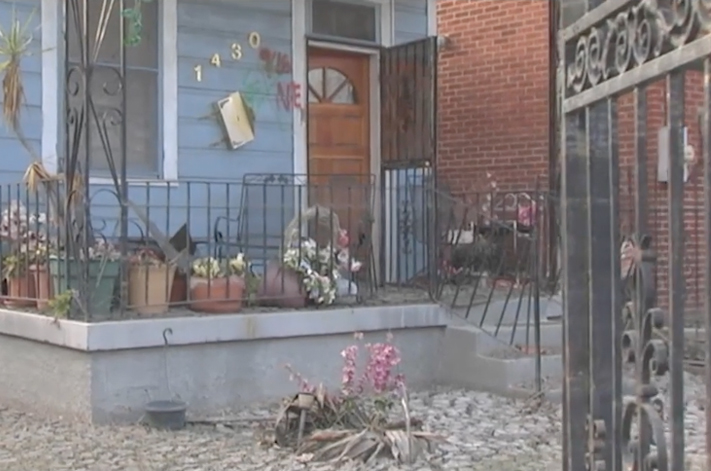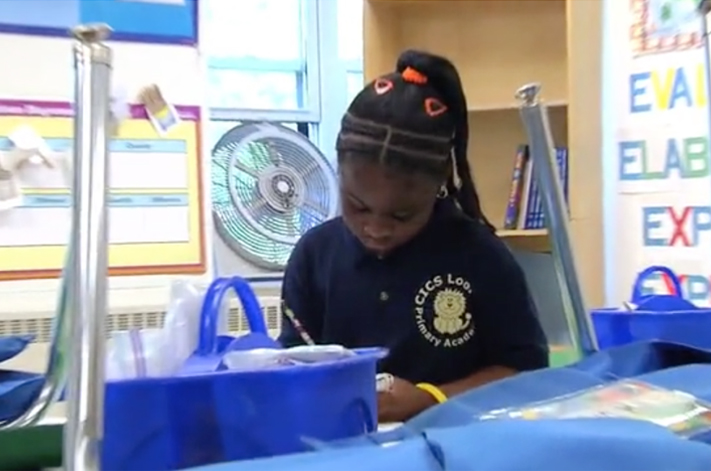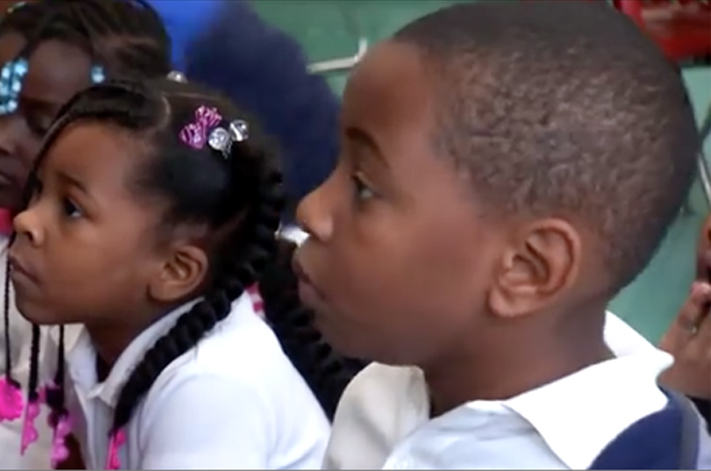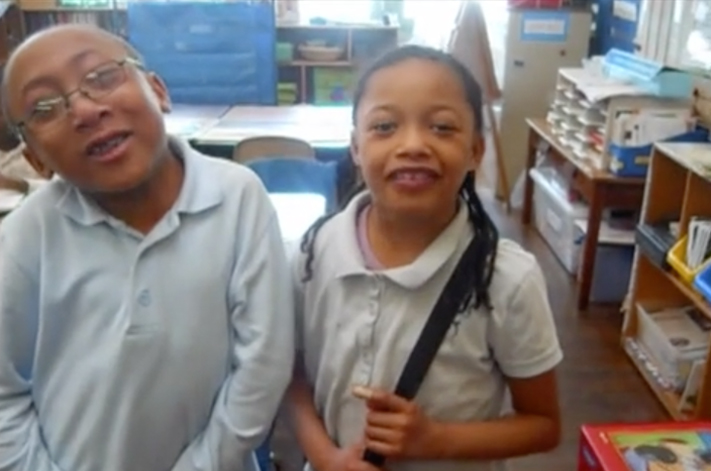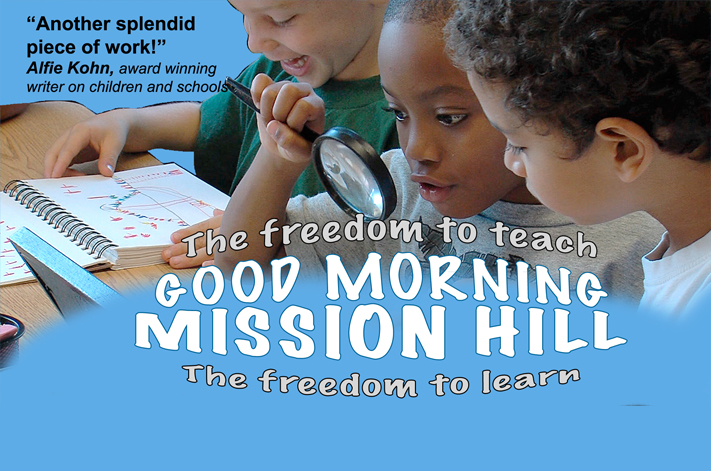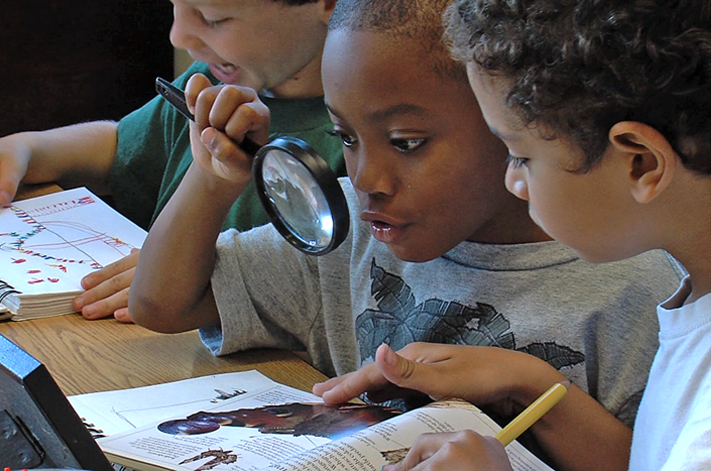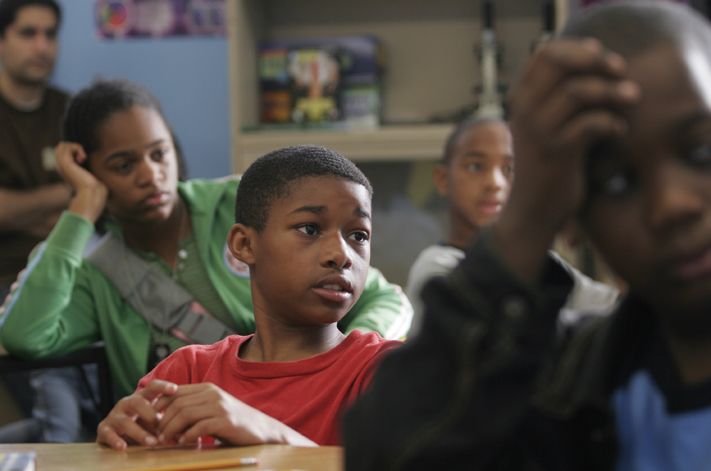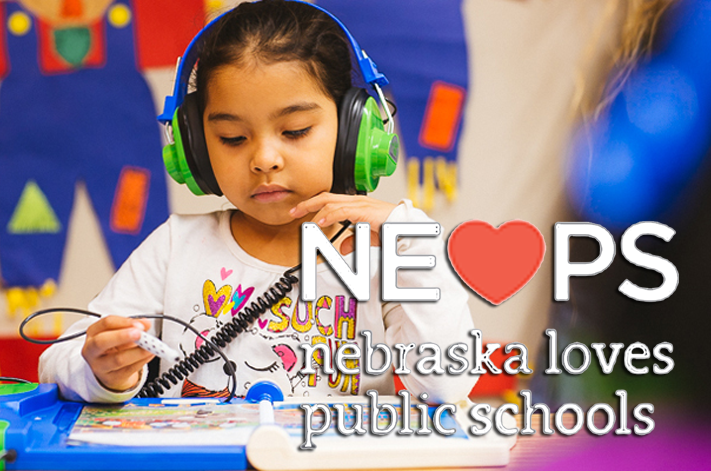Project Description
THE NEW PUBLIC TRAILER from THE NEW PUBLIC on Vimeo.
Perhaps, the greatest pleasure is having the freedom to think, say, do, feel, and be as you are and/or as you choose. Yet, this liberty is rarely granted to us. In the United States we might wish to believe we are free, but here too everything from movies to movements are guided by a lead. At birth many encounter an encroaching parent. We go to school and there again we must follow. Peers, Teachers, and oh yes, our Preachers…everywhere we go we are likely to be directed. We may fight for our rights, but were we to win would we be free? Consider the issue of “accountability” in our schools. Perhaps, this topic alone personifies what exists in society writ large. We are labeled. We are shown the way. We go to school to study the rules. “Facts.” Formulas. All is forced upon us, subtly as it may seem. However, we know ‘You will be tested!’ Might we learn that life alone will tests us? Possibly, it is our daily doings that are the greatest lessons. Could these be incorporated into a public school curriculum or are they already there? The film The New Public allows us to look at the world through the eyes of our youth.
Let us examine a Broader, Bolder Approach to Education, to democracy and then deliver a more realistic view of the world to our young. The New Public, a newer film, documents what might be deliverance; active reflections that help us realize the need to grow. After viewing the movie, Education researcher Holly Yettick stated that she felt free. The film, she said, is “refreshing.” It offers an opportunity to breathe.
About The New Public – PART ONE: FRESHMAN YEAR.
It’s August 2006, just days before Brooklyn Community Arts and Media high school (BCAM) will open its doors for the first time. Dr. James O’Brien, former D.J. and point guard turned first-time principal, and his faculty of eight, take to the streets in Bed-Stuy, Brooklyn to recruit students. Their enthusiasm is infectious and their ethos is enticing: to build strong personal relationships, meet kids where they are at and provide unconventional arts and media electives taught by local artists. From the first day of school, the buzz from the student body (a single class of 104 freshman) is that this is a dream come true. But as the months go by, conflicts arise when “the honeymoon is over.”
Voices: Documentary Tells One School’s Story | Originally Published at EdNewsColorado February 26th, 2013. | Copyright © EdNewsColorado.org
Education researcher Holly Yettick says a new film documenting the first four years of a Brooklyn high school offers a refreshingly real take on urban education without a heavy-handed message.
In recent years, American viewers have been bombarded with a spate of message-heavy education documentaries that tell us what is ailing public education and how to fix it. There are the charter schoolies (Waiting for Superman, The Lottery), the kids-are-too-stressed-outies (Race to Nowhere), the unionies (American Teacher), etc. While many of these films are both moving and well-intentioned, it was refreshing recently to see a different type of education documentary at the Boulder International Film Festival.
The New Public follows the first four years of the Brooklyn Community High School for Communication, Arts and Media, or BCAM. The film, like the school, opens in 2006 with a blast of idealistic energy as the founders recruit students and introduce new school rituals like hallway dance lines and yoga classes. Viewers get glimpses of the school’s hallmark emphasis on novel arts courses and inquiry-based learning.
But this being reality rather than Hollywood, challenges soon appear. A boy struggles with his sexual identity. A girl struggles to stay clear of bullies and fights. A mother cries tears of frustration when her son’s senioritis threatens to up-end everything they have worked toward. One of the school’s co-founders finds himself re-learning how to teach after realizing that he’s not reaching BCAM kids with the approaches that worked at his former school. By the end of the film, some of the founding kids have dropped out while others have succeeded beyond anyone’s wildest dreams: The graduation ceremony that closes the documentary is, as a result, bitter sweet. As someone who has been to her own fair share of urban high school graduations, I can say that this is really pretty accurate.
The New Public could easily have been a vehicle for any number of education messages.
BCAM’s founders, for instance, met in Teach for America, the training and recruitment program that is the darling of many reformers who have a bone to pick with teachers’ unions. Nowhere is their former Teach for America status mentioned in the film. Nor does the film let on that, unlike many small, new schools, BCAM employs unionized teachers. As such, the producers also skip an opportunity to convey a pro-union message.
Stylistically, the film is verite. There is no omniscient narrator to tell viewers how to feel and what to think. Instead, the children and adults associated with the school narrate their own stories in their own way. The documentary gracefully incorporates footage shot by BCAM students, including up-and-coming filmmaker John Dargan, who updated his inspirational story this weekend in Boulder during a post-film Q & A. (Dargan, a Connecticut College junior, filmed President Obama’s second inauguration as an intern at PBS.)
I think what I liked best about The New Public is that BCAM is not held up as a mom-and-pop miracle poised to become the next educational Starbucks, with franchises in every city. Nor is it denigrated as a Lean on Me style tangle of hopeless failure. Although the school’s rising graduation rate is noted at the end of the film, you have to snoop around online if you want to find the school’s test results and accountability ratings, which are mixed. The filmmakers seem more interested in telling stories than in proving points. If the film does have a message it is that when it comes to “fixing” public education, there are no easy answers.
This is probably one of the reasons why The New Public has attracted less attention than its more polemic peers. Unlike Waiting for Superman, The New Public is not playing at the local Cineplex. Big advocacy organizations are not lining up to sponsor New Public forums and events.
In fact, I can’t even tell you how you can see the movie because it is not currently scheduled to play again in Colorado. The New Public producers and editors said they’d be love to set up local screenings if anyone here is interested. Otherwise, all I can advise is to look here and here to contact the filmmakers and/or view future events outside the state.
This film review was reprinted by EmpathyEducates with permission or license from the source. We thank EdNews Voices.
